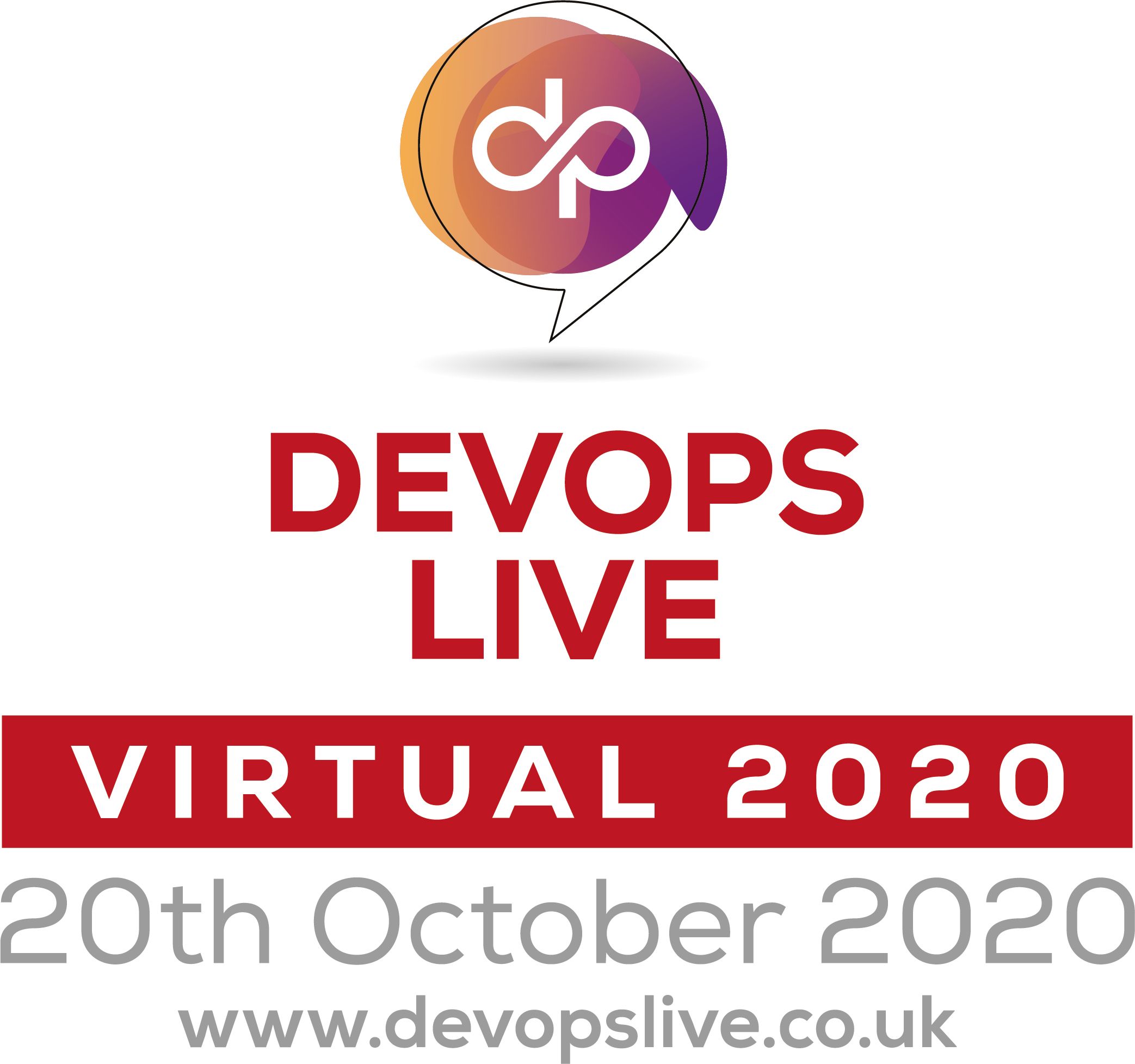The DevOps Live Virtual 2020 agenda coverec key technology sector topics, and enabled delegates to choose the most relevant sessions and maximise their learning experience including:
- DevOps in the Enterprise
- A Cloud Native Approach
- Securing the DevOps Landscape
09.45-09.55:
Revamp continuous integration with Buildkite
- Sneha Ganeshani - DevOps Engineer, Bitwala
This session will share how you can run buildkite tool on your own infrastructure for implementing CI/CD. Learn how to make your build process faster using parallelism and distributed builds.
------
10.05-10.30:
PANEL: How DevOps became IT's hottest hire
- Annie Barnett - DevOps Engineer, Criterion Games
- Duong Tran - IT Development Manager, British Heart Foundation
- Sneha Ganeshani - DevOps Engineer, Bitwala
DevOps has become one of the most sought after jobs in IT. How did we get to this stage? What actually is a 'DevOps Expert'? And how can organizations recruit more effectively to harness new talent?
DevOps Live Virtual's opening panel session invites Criterion Games' Annie Barnett, Bitwala's Sneha Ganeshani & British Heart Foundation's Duong Tran to share their own DevOps Journeys and advise the next generation on how to capitalize on DevOps demand.
------
11.00-11.25
DevOps in the Cloud
- Matt Muschol - DevOps Engineer, Clearvision
Atlassian tools such as Jira, Confluence, Bitbucket, Bamboo, Opsgenie and Statuspage form an integral part of DevOps pipelines. The implications of deploying classic options — on-premise, private cloud, public cloud (Software-as-a-Service) and third-party managed hosting, are often overlooked by users.
With the onset of Covid-19, new trends emerged, creating challenges which required many to reconsider their approach. In this talk, such trends are explored, along with how the global pandemic challenged DevOps at its core, causing some organisational silos to re-emerge. Matt suggests how certain deployment methods are responsible and how some users are bypassing these challenges by migrating to a fully cloud-based solution.
------
11.35-12.00
Getting buy-in for Chaos Engineering
- Mikolaj Pawlikoski - Software Engineer Project Lead, Bloomberg LP
In this session, we’ll explore what Chaos Engineering actually is. And, alongside this, we’ll look into:
- Getting called less
- Risk vs. reward; ROI
- Blast radius
- Features vs. stability
- Chaos Engineering (for) people
------
12.10-12.35
Why you're getting understandability wrong
- Liran Haimovitch - Co-Founder & CTO, Rookout
Understandability is the most important concept in software, that most companies today aren’t tracking. Systems should be built and presented in ways that make it easy for engineers to comprehend them; the more understandable a system is, the easier it will be for engineers to change it in a predictable and safe manner. But with the rise of complex systems, it has become all too common that many times we no longer understand our own code once we deploy it.
As a result of increasing system complexity, developers are spending too much time firefighting and fixing bugs. In recent surveys, most devs say they spend at least a day per week troubleshooting issues with their code (sometimes, it can be a couple of days up to a full week trying to fix an elusive bug). This is hurting developer productivity and business results. It also creates a tough choice between flying slow or flying blind; as developers, we are too often making decisions without data in order to maintain velocity.
In this talk, I’ll highlight the importance of Understandability and how it has a huge impact on our day-to-day work. I’ll also discuss how it relates to more popular concepts such as complexity, observability, and readability. Finally, I’ll share some tools and techniques to manage and optimize for Understandability.
1. The impact Understandability has on developers' daily work
2. How Understandability relates to concepts like complexity, observability, and readability
3. The tools and techniques to manage and optimize Understandability
------
12.45-13.30
PANEL: Automating Security in your DevOps Lifecycle
- Dheeraj Nayal - Region Head - APJ & MEA & Global Community Ambassador, DevOps Institute
- Dr. Wendy Ng - Head of IT Strategy, Experian
- Guy Davis - Principal Cloud Architect, Sophos
- Martyn Coupland - DevOps Institute Ambassador
In this panel, we’ll discuss:
- Why we need automated security in our DevOps Journey
- The differences of doing this in the cloud
- The best practices for the ‘new normal’?
- The typical workflow for automating security in the DevOps lifecycle
------
13.40-14.05
Using COVID-19 to Kick-Start our DevOps Journey
- Josh Siret - Performance Engineer, Rolls-Royce
In this session, we’ll kick off with an introduction to UK SMR. Then, we’ll share the initial steps of our DevOps journey in analysis methods development for UK SMR as a result of the disruption from the COVID-19 pandemic.
------
14.15-14.40
GitOps and Kubernetes
- Steve Waterworth - Product Manager, Instana
DevOps is all about automation, build better software faster. Kubernetes
automates the management of your containers. This session will provide an introduction
to GitOps and how to use it to go fully automatic.
- Introduction to GitOps
- How to use GitOps with Kubernetes
- How to avoid common mistakes with GitOps
------
14.50-15.35
PANEL: Why testing is a devs best friend?
- Sanjeev Kumar - Head of Environments & DevOps, JP Morgan
- Duong Tran - IT Development Manager, British Heart Foundation
- Scott Adams - Performance Methods Lead, Rolls-Royce
- Jack Maher - DevOps Institute Ambassador, DevOps Institute
In this panel, we’ll discuss:
- The different approaches to testing
- The impact of reduced timelines and cost-cutting
- How teams can work better together
------
15.45-16.10
Re-Gain Visibility for your Multi-Cloud Deployments: Tagging & Lifecycles Under Control
- Christoph Walpert - Product Manager for Cloud Native Suite, LeanIX
------
16.20-16.45
Building an Automation for Great Happiness
- David Worth - Engineering Manager, Strava
Dave talks about the process of going from the process of Learning and building PoCs, Documentation, to "automation" and Automation in order to build a team that is Efficient, Safe, Scalable, a Force Multiplier for the organization, and promotes Freedom for teammates. With that backdrop, he discusses some concrete case-studies that have improved life at Strava, with a fairly small engineering team, and some external examples of what is possible with strong Automation tools.
ACCESS ON-DEMAND CONTENT


.png)

.png)


)
)
)
)
)
)
)
)
)
)
)
)
)
)
)
)
)
)
)
)
)